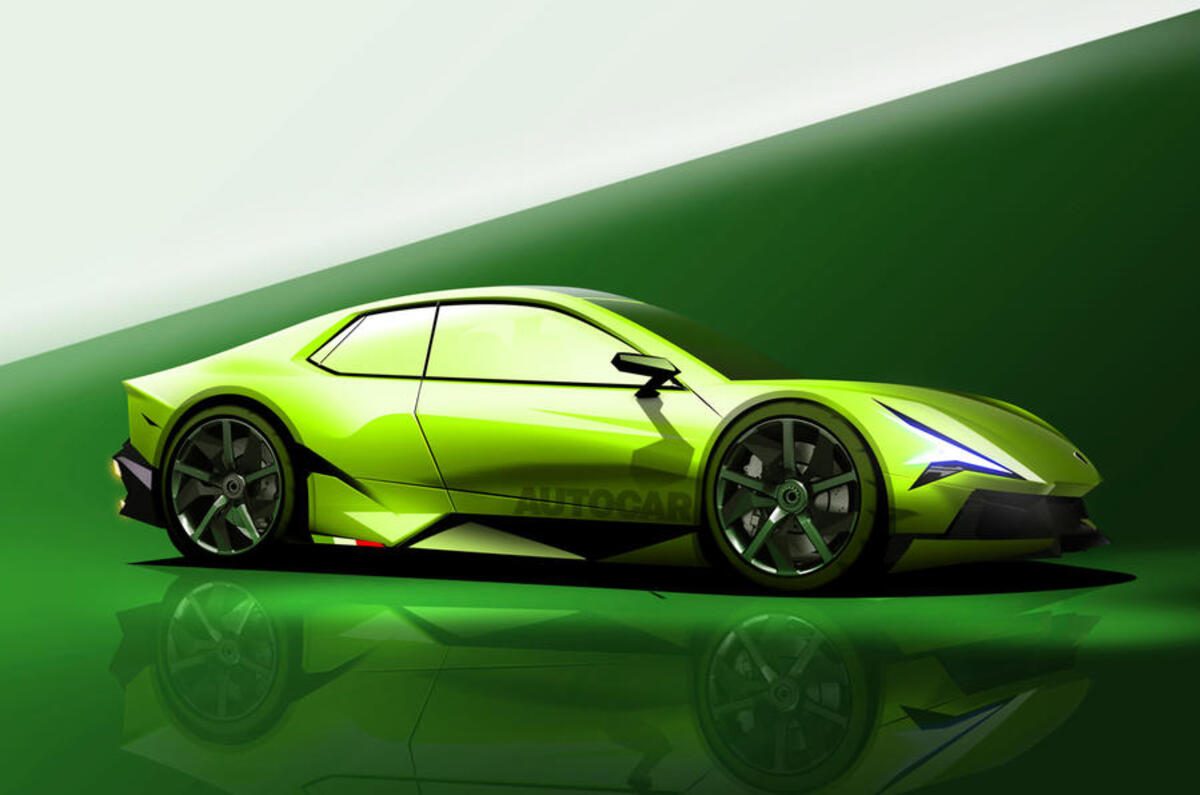You might imagine that notching record profits in the year gone by would make Lamborghini indispensable to the Volkswagen Group, where it has resided since 1998, adding some much needed sparkle to its otherwise chiefly mainstream presence.
But the truth is, whether the bid scooped yesterday by Autocar goes through or is dismissed, it just makes the chances of Lamborghini being sold even greater.
Why so? For starters, the accounts sheets make for good reading, especially to dizzy investors emerging from the dark days of recent months, and even if some of the pandemic-related cost-cutting measures have undoubtedly bolstered the bottom line.
Those record profits and an impressive turnover (thank you, Urus SUV) will only have pushed the price up for any bidder. This new £6.5 billion bid is suitably punchy against even the bullish £4.3bn stock flotation of (the admittedly loss-making) Aston Martin back in 2018.
But why, aside from a punchy valuation, would the Volkswagen Group sell?
While it’s fair to say its cash reserves dwarf those of many rivals despite the estimated £27bn costs of Dieselgate, this is a desperate period for established car makers, as they balance investment in new products that they need to sell today and tomorrow against the vast sums needed to transition into a new era of electrification, connectivity, autonomy and more five years down the line. The funds required run to hundreds of billions and have to come from somewhere.
So it is that Volkswagen - like every manufacturer - isn’t just in a fight for relevance but survival. Against that backdrop, offloading a small profit centre like Lamborghini for a good price starts to make more sense, at a time when its business model, built around potentially out-of-step, fast, loud, petrol-burning supercars, is running up against a ticking clock.
Roll in the fact that at some point Lamborghini must also make the transition somehow and it’s clear why ownership could easily be a headache that Wolfsburg could do without.
Sure, the Porsche Taycan may give clues as to what’s possible, and the likes of Lotus, Nio and Rimac may be on the path to demonstrating that electric supercars have a new world relevance, but the journey is a long one – and potentially hamstrung for at least a decade by the simple fact that many will conclude their wares simply aren’t as good, in capability of viscerality, as what went before.
Why, then, would anyone want to buy Lamborghini?
Despite its turbulent past, today Lamborghini sits on firmer foundations than ever, the Volkswagen Group having been a decent patron, investing in facilities and technical leadership and stretching the customer base and product portfolio (thank you again, Urus) to a point that its foundations are stronger than many in its sector (think Aston and McLaren’s turbulent 18 months), if far from rivalling Ferrari (which is valued at £20bn).




Join the debate
Add your comment
VW have stated they are NOT selling Lamborghini! Source: reuters.
It will be interesting to see how the automotive sector consolidated further. There aren't many independent car makers left, so mergers and acquisitions are likely to become challenging. Japanese brands like Mazda will probably not merge with non Japanese brands unless forced to, but I could see Suzuki, Mazda and Honda as vulnerable to a takeover.
Tata motors is also another candidate. Tata is a huge conglomerate but does it have the appetite to take on the world? I have my doubts. Here I suspect a European car maker may make a move. Or a company like BMW may try to buy JLR.
I don't see McLaren or Aston staying single (though Stroll has deep pockets). Mercedes might fancy Aston.... But beyond these companies I can't see where consolidation will come from
The bulk of Lamborghini's profitibility comes from the Urus, with the Huracan second. Neither car would be the success they are without the very close tie-in with VAG. The Urus is a VAG drivetrain and chassis; only the body and interior are specific to Lamborghini, and these are cheap to develop in comparison.
Lamborghini outside of VAG would be in the same financial position as Aston Martin, which is to say worth not much currently. The potential buyers must have plans to join forces with someone for futureproof powertrains, such as Rimac or Tesla, because otherwise they would have a financial deadweight on their hands.
Lamborghini are best where they are; VAG have a cost effective cross-brand future-electric strategy in place they can draw from.